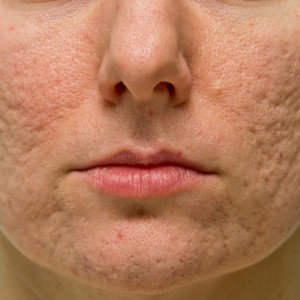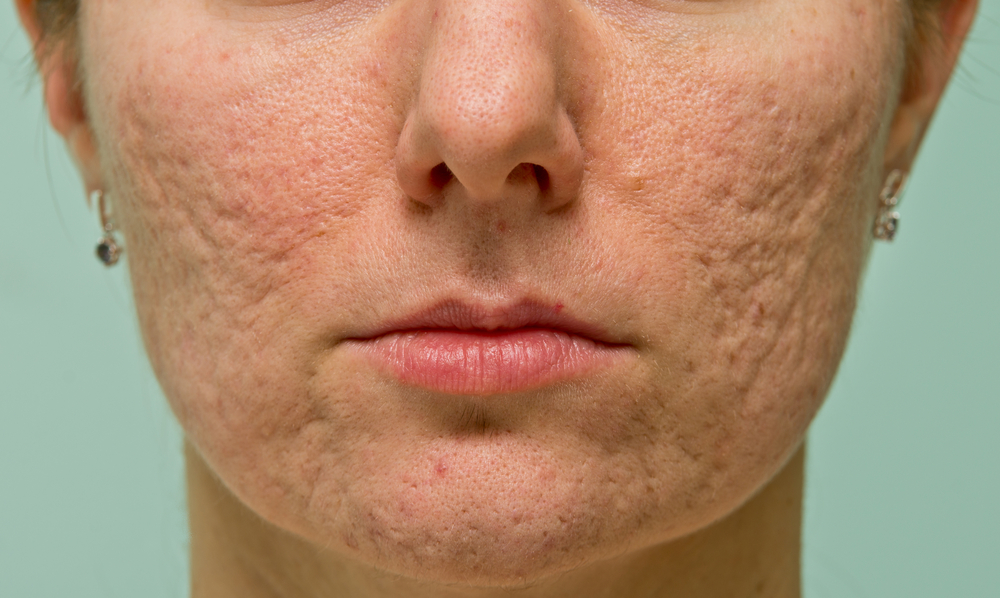 In a recent study titled “Teenage Acne and Cancer Risk in US Women: A Prospective Cohort Study”, published in the Cancer Journal, a team of researchers from Harvard Medical School has found a link between teenage acne and an increased risk of developing hormone-related cancer, including melanoma.
In a recent study titled “Teenage Acne and Cancer Risk in US Women: A Prospective Cohort Study”, published in the Cancer Journal, a team of researchers from Harvard Medical School has found a link between teenage acne and an increased risk of developing hormone-related cancer, including melanoma.
Acne is one of the most common skin conditions during adolescence, affecting more than 85% of teenagers. There have been several hormones linked to acne, including androgens, estrogens, growth hormone, insulin, adrenocorticotropic hormone, and melanocortins.
There are a significant number of cancers that are directly hormone related, such as breast, prostate, colorectal, lung cancer and melanoma. As such, the hypothesis that acne could be a predictor of cancer risk becomes plausible.
The research team analyzed data from 99,128 female nurses in the Nurses’ Health Study II cohort for 20 years (1989-2009) and used statistical models to estimate the hazard ratios (HRs) of eight different cancers, including melanoma, for women who had a history of severe teenage acne.
The team found that in this particular group of women, the risk of developing melanoma significantly increased. Furthermore, they used an independent melanoma case-control study led by the MD Anderson Cancer Center, to confirm this association. Importantly, in both studies, individuals with severe teenage acne were also more likely to develop moles.
One of the hypotheses proposed by the authors to explain these observed associations includes the effect androgens may have on telomere length. As the authors write, “It was reported that the androgen receptor interacts with telomeric proteins and has a role in telomere complex stability. Melanocytes with longer telomere lengths experience a delayed entrance into senescence, which may lead to the increased formation of nevi and provide these cells with a greater opportunity to acquire additional mutations for malignant transformation.”
Previous data has suggested that long telomeres are linked to an increased number of moles and also a higher risk of developing melanoma.
“We identify a history of teenage acne as a novel risk factor for melanoma independent of previously identified risk factors. A history of teenage acne may be an early-stage marker of high androgen levels and might have potential importance to help identify populations at higher cancer risk. Our findings support a need for continued investigation of the relationship between acne and hormone-related cancers”, the authors conclude in their study.


